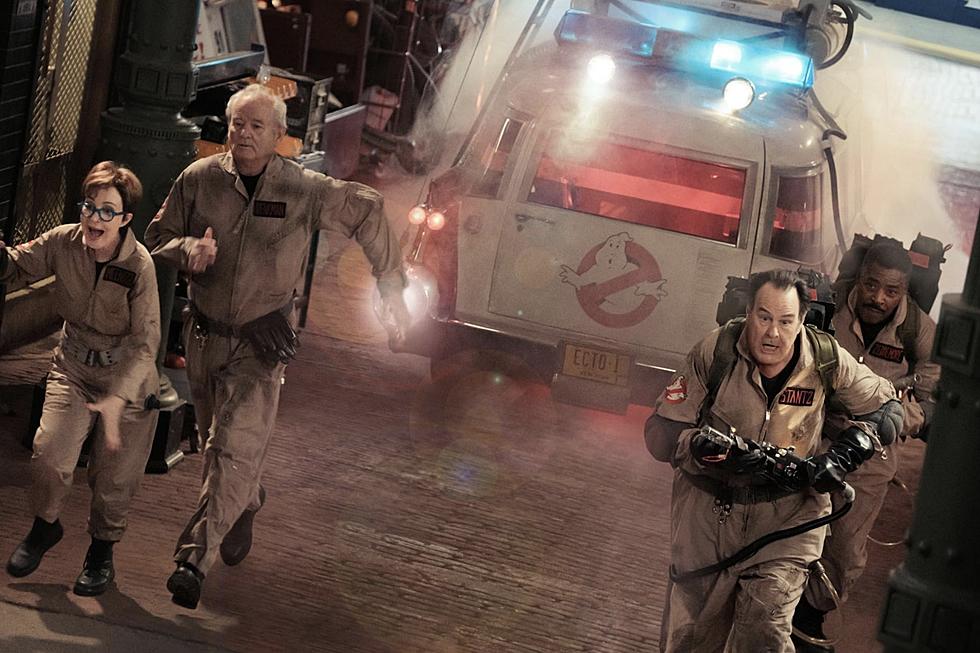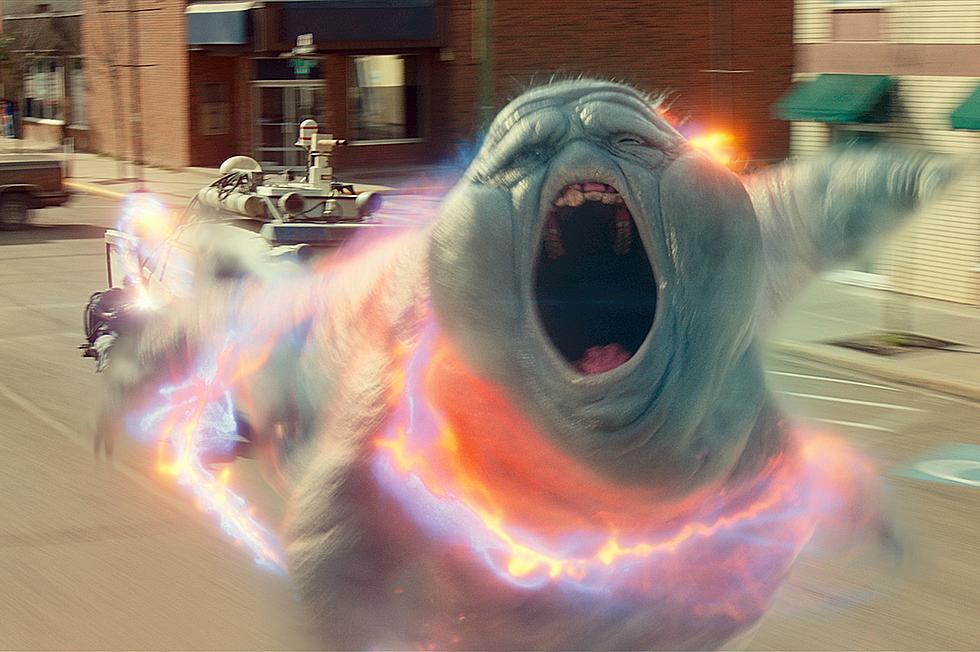
Why Are Movies Still Afraid of the Internet?
Kathleen: All right, "NY152."
Joe: N-Y-one-five-two. One hundred and fifty-two. He's a hundred and fifty-two years old. He's had one hundred and fifty-two moles removed, so now he's got one hundred fifty-two pockmarks on his on his face.
Kathleen: The number of people who think he looks like Clark Gable.
Joe: One hundred and fifty-two people who think he looks like a Clark Bar.
The first batch of mainstream films about dating, romance, and seeking connection on the Internet – think ‘You’ve Got Mail,’ ‘Must Love Dogs,’ and even ‘Euro Trip’ – didn’t demonize the relatively new technology, they instead mined it as another way to illuminate and examine human relationships. For romantic comedies and more sex-fueled outings, the Internet simply provided a fresh place for its characters to meet cute. Yet, as the Internet has become more normalized in actual society, its portrayal on the big screen has gotten consistently more nefarious – meeting cute no longer seems probable, it doesn’t even really seem possible.
The Internet as a whole is so obsequious that it actually sounds silly to term it as such – the Internet is not just a random distraction or a fun place to chat with people who may resemble (or may not) candy bars anymore. It’s not simply for play, it’s also where we live and work (hey, you’re reading this on the Internet right now). The Internet is a medium, a setting, and a culture. It’s also, in the wide world of the movies, totally terrifying.
In this week’s new release, ‘Men, Women & Children,’ a group of loosely connected men, women, and teens (surprise! they are teens!), along with Emma Thompson (who narrates the entire thing like some sort of really, really bored omnipotent god) attempt to navigate their way through the treacherous mud of the Internet. Although Jason Reitman’s film (which is based on Chad Kultgen’s novel of the same name) presents a hefty number of plotlines, characters, and situations, the results are almost universally the same: the Internet is bad, and it’s impossible to use it to form or maintain a relationship that’s not just lasting, but even remotely healthy.
The plot of ‘Men, Women & Children’ sounds unfortunately – but again, considering the reach of the Internet, not at all improbably – similar to the 2012 feature ‘Disconnect.’ That film also focuses on a group of people who all experience negative side effects from using the Internet (as if it’s some kind of weird, untested prescription drug). There are subplots about chat rooms, strippers, cyber bullying, attempted suicide, impersonation, identity theft, and guns. It’s a kitchen sink affair, a cautionary tale, and an exceedingly overwrought take on something that’s so commonplace that people use it to pay their bills and talk to their grandparents. The film’s Wikipedia page features perhaps the best summation of how bad the Internet can get: “The entire group of chat-room strippers leave and Nina drives away in tears.”
But before there was Reitman’s film or the chat-room strippers, there was the original ‘Catfish,’ the “documentary” (its official designation seems to be the kind of thing that will always remain in question) about a guy who finds love online and is then shocked by what he finds. Since the film since took Sundance by storm back in January of 2010, star Nev Schulman has built a nice little cottage industry, turning ‘Catfish’ into a continuing television series that helps people uncover the truth about the people they’re speaking with online. Most of the time, the truth isn’t the sort of thing they want to hear, and most episodes end with guests vowing to never try to find Internet love again.
Which is kind of strange, because finding love on the Internet – real love, not the kind that needs to be the basis for an hour-long drama on a paid cable network – is more commonplace than ever before. A recent study of married couples that wed between 2005 and 2012 found that one-third of them had initially started dating online. That normalization isn’t, however, reflected on the big screen, where the net is still portrayed as the kind of thing that well-meaning characters get actually caught up in, unable to escape the long arm of their computer, their Facebook, their phone, their Twitter, their email, and whatever else comes along next.
It wasn’t always this way. When the Internet first started to become widespread and easy to access, a handful of films used it as part of their narrative to mostly charming ends. ‘You’ve Got Mail’ was an early adopter, switching up the letter-writing used in the 1940 feature it was loosely based on, ‘The Shop Around the Corner,’ for chat rooms and warmly written emails. Sure, Meg Ryan’s Kathleen Kelly was worried that the man on the other end of the buzzing modem wasn’t who he said he was, she was never concerned for her own safety. A chat room wasn’t going to destroy her life any more than a regular old broken heart would. The Internet was just another way to pursue love and connection, not a fast track to destruction.
Later, ‘Must Love Dogs’ tackled Internet dating with similar pluck – again, the big worry was that the person responding had trumped up their identity, not that they were going to murder you or steal your identity. Even ‘Because I Said So,’ which arrived almost a decade after ‘You’ve Got Mail,’ doesn’t demonize the web when it comes to dating. The biggest issue in that film is that too many good dudes reply to Diane Keaton’s call to find her daughter a date.
Still, worry did creep into the cinema of the early aughts, particularly 2005’s ‘Hard Candy,’ which featured a young Ellen Page using the web to find child predators so that she could punish them mightily, the most satisfying take on "To Catch a Predator" ever conceived. But in a world still charmed by ‘You’ve Got Mail’ and ‘Must Love Dogs,’ that one seemed like an outlier – until it became the standard.
Even more light-hearted films about the Internet express a fear for it that seems, paradoxically enough, outdated. This season’s charming rom-com ‘Two Night Stand’ utilizes the Internet to bring its leads together via an online dating platform that looks a lot like Match or OKCupid, but that doesn’t stop Analeigh Tipton’s Megan from totally freaking out about what Miles Teller’s Alec thinks of her behavior through the prism of “Internet dating” (and again, these are people who met on the Internet).
'Men, Women & Children' might prove effective enough to keep its audience from checking their phone for entire hours after they watch it (its ability to instill an overall gross feeling about the web in general cannot be overstated), but its regressive stance on what the Internet can do – for better, not just for overwhelming worse – is about as outdated as dial-up.
More From ScreenCrush









